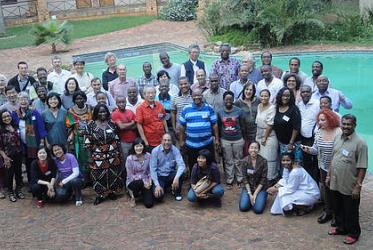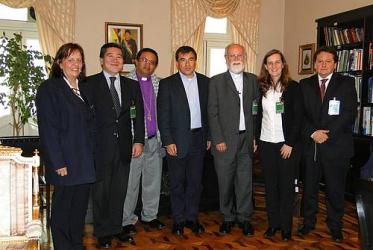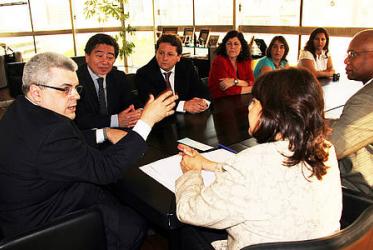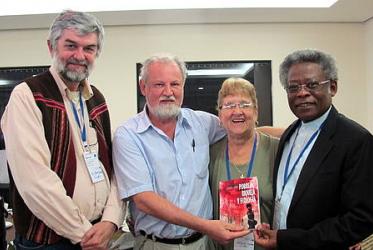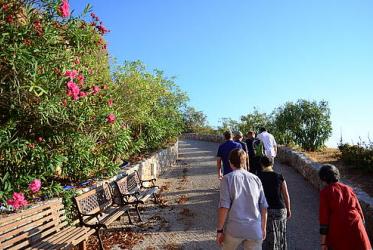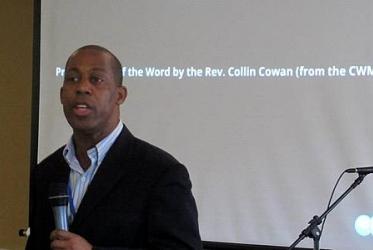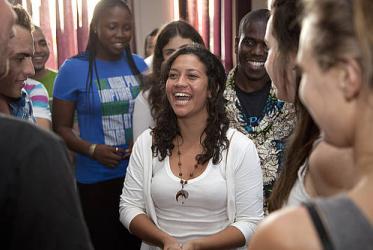Displaying 101 - 120 of 138
Churches engage in development dialogue on Africa
06 March 2013
Statement on global economy delivered to Bolivia
15 January 2013
Leading development economists offer alternatives
04 October 2012
WCC working group plans next steps in climate advocacy
04 October 2012
WCC conference probes sustainability crises
27 September 2012
Tveit reports on churches’ work for justice and peace
29 August 2012
WCC forum issues a call to promote “economy of life”
22 June 2012
WCC forum focuses on poverty, wealth and ecology
19 June 2012
Churches in Colombia support victims of land dispute
30 April 2012
Youth promise active involvement for environmental justice
14 December 2011
